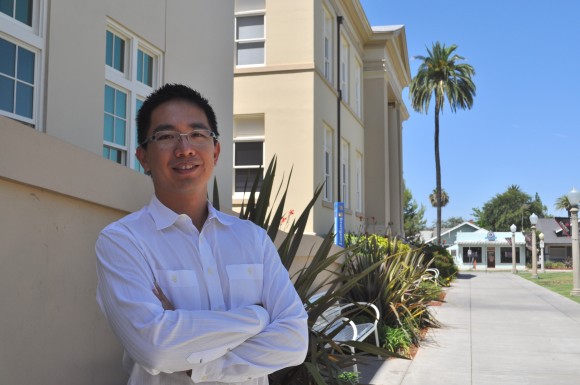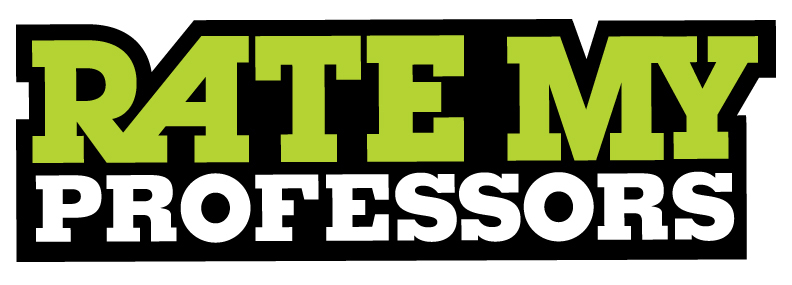Talk about the long reach of a good teacher. At most universities and colleges across the country, the fall semester may still be days or weeks away. But professors could already influence their students’ learning outcomes — if they happen to have the knack for a bit of cyber diplomacy.

Yuhua (Jake) Liang, Ph.D., assistant professor, says classroom learning may be affected by how teachers defend themselves against harsh reviews on RateMyProfessors.com.
That’s because new research from
Yuhua (Jake) Liang
, Ph.D., assistant professor of strategic and corporate communication at Chapman University, suggests that when professors post a tactful response to a less-than-glowing student review on the website RateMyProfessors.com, future students will do better in those teachers’ classes.
How’s that work? Liang says reasonable responses by teachers who explain that they’re dedicated to fairness in their grading and their treatment of students, actually plant seeds of trust in students. He suspects such responses help students go into class with a bit more confidence, which supports learning.
“One possibility is that after reading negative reviews, students simply gave up on the idea of having a competent and caring instructor. The only way students might have figured they can learn is if the instructor is fair and creates a predictable playing field where they have a chance to succeed and learn,” Liang says.
The findings were published in the National Communication Association’s journal
Communication Education
.
Liang’s study involved 231 undergraduate students who read mock negative evaluations of an instructor they were told was a candidate for a teaching job. Then some of the students read different scripts of the instructor responding to the bad reviews, while others didn’t see such responses.
Next, the students watched a video of that professor delivering a lecture and were tested on the content of the instruction.
Students who read the professor’s comments performed better on the cognitive test of the lecture content than those who saw no commentary. Specifically, those students who read the instructor’s comments attesting to her fairness scored the best of all, followed by those who read about the instructor’s caring toward students.
“This is really an enablement story,” Liang says.
Still, he’s not advocating that every professor automatically jump onto
RateMyProfessors.com
, although one popular feature of the site makes a lark out of
professors responding
to unfavorable reviews. Commentary should be done with care and a keen awareness of academic behavior standards, Liang says.
“I think faculty should respond if it’s done tactfully and within the norms or allowances of their academic units, because there are some places that are very particular about that,” he says.
And Liang’s rating? A top-of-the-chart 5.0, based on his work at his previous institution, before joining Chapman University. But don’t tell him. He’s avoided checking his score while working on this research.
Stinging reviews on RateMyProfessors might be teachable moments in disguise

At most universities and colleges across the country, the fall semester may still be days or weeks away. But professors could already influence their students’ learning outcomes — if they happen to have the knack for a bit of cyber diplomacy.




Add comment